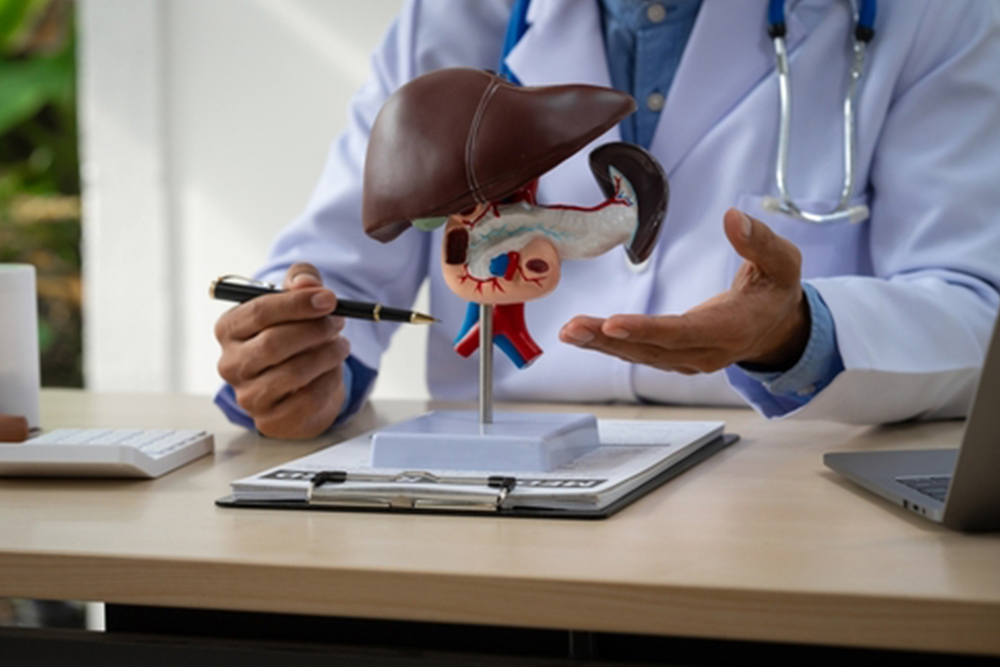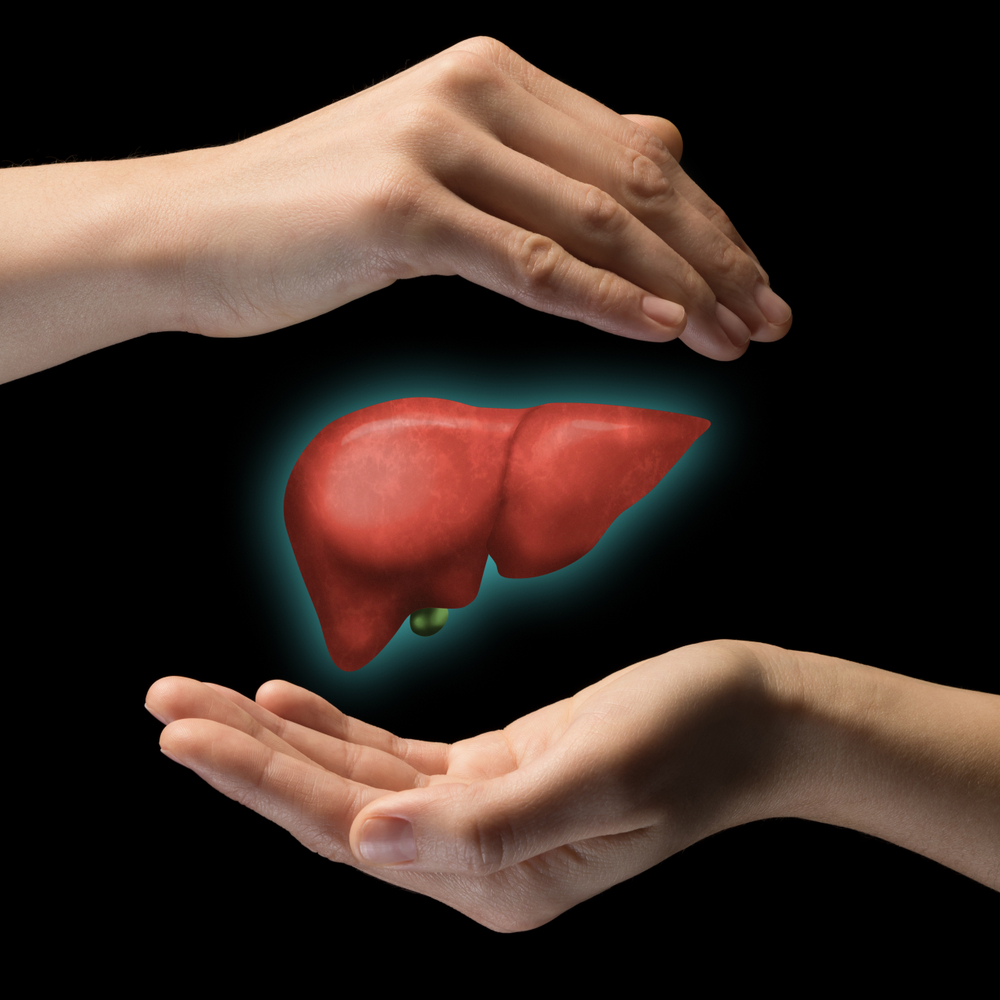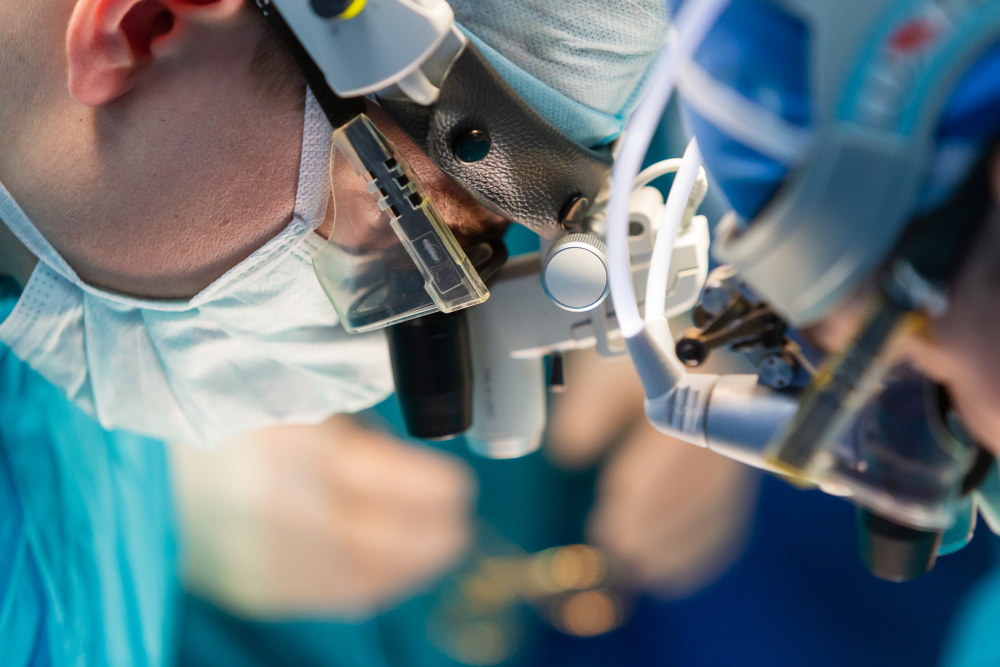Excessive calorie intake triggers chronic inflammation in visceral adipose tissue, promoting the release of pro-inflammatory adipokines such as IL-1β, IL-6, and TNF-α. This contributes to systemic insulin resistance, type 2 diabetes, metabolic dysfunction-associated fatty liver disease (MAFLD), and cardiovascular diseases. Recent studies have highlighted the protective roles of certain brown adipose tissue (BAT)-derived adipokines (BATokines), such as neuregulin 4 and EPDR1, in alleviating metabolic and cardiovascular conditions. However, new findings raise the possibility of pathogenic BATokines, particularly PCPE-1, a pro-fibrotic molecule, as a driver of liver fibrosis in metabolic diseases.
Using transcriptome analysis in high-fat diet (HFD)-fed obese mice and Vegfa-deficient mice, researchers identified elevated levels of PCPE-1 in BAT and its role in promoting liver fibrosis in MASH (formerly known as NASH). PCPE-1 accelerates collagen production, contributing to fibrosis progression, while its increased levels were detected in both obese mice and patients with MASH, suggesting its potential as a biomarker. These findings reveal that PCPE-1 production is linked to endoplasmic reticulum stress in BAT, further contributing to MASH development.
Reference: Hsiao YT, Yoshida Y, Okuda S, et al. PCPE-1, a brown adipose tissue-derived cytokine, promotes obesity-induced liver fibrosis. EMBO J. 2024 Aug 19. doi: 10.1038/s44318-024-00196-0. Epub ahead of print. PMID: 39160276.








